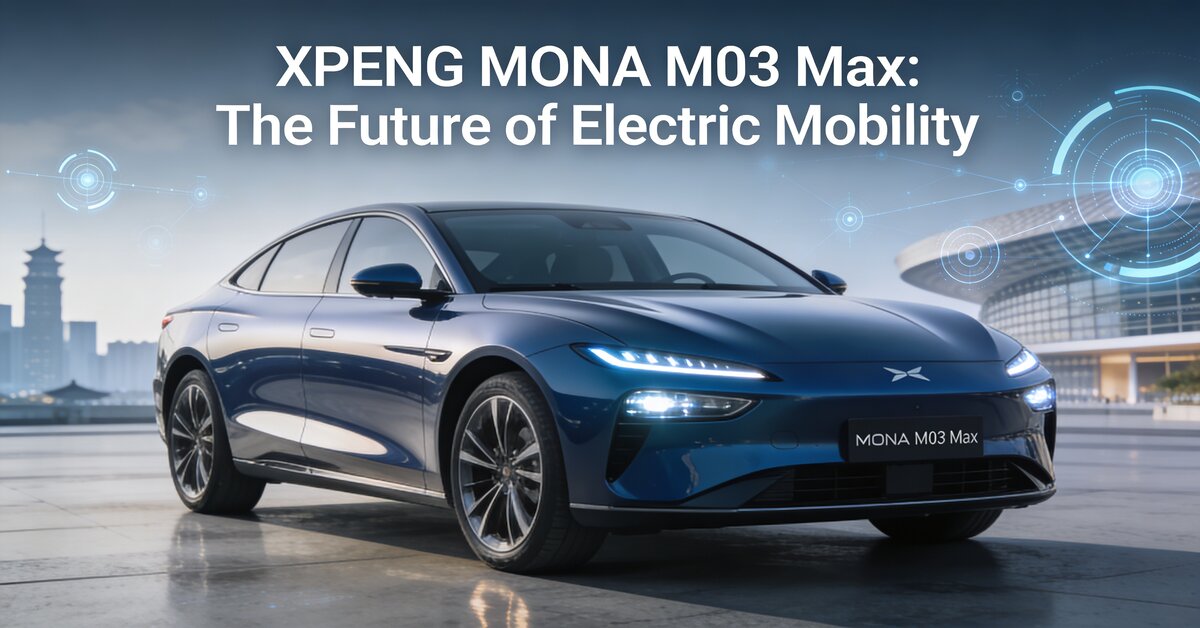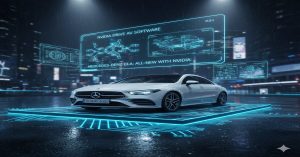Lucid Motors is gaining momentum in the electric vehicle (EV) landscape, bolstered by rising U.S.-based production, strategic technology licensing, and the highly anticipated launch of its second model—the Gravity SUV. As trade tensions and evolving consumer demand reshape the automotive industry, the Silicon Valley-based EV maker is making calculated moves to solidify its foothold.
During its Q1 2025 earnings call on May 6, Lucid reported a record-setting quarter with 3,109 vehicle deliveries—marking a 58% increase over Q1 2024 and the fifth consecutive quarterly delivery record. The company generated $235 million in revenue, a 36% year-over-year boost, largely fueled by a jump in regulatory credit sales. Lucid also trimmed its net loss to $366 million, a significant improvement over the $680 million loss in the same quarter last year.
CEO Marc Winterhoff struck a confident tone, reaffirming the company’s ambition to more than double its production volume in 2025. “We are scaling with discipline,” Winterhoff stated. “Despite some initial software delays affecting Gravity handovers and test drive availability in our Lucid Studios, customer engagement remains robust.”
Lucid Studios—its innovative retail showrooms—have played a key role in introducing the brand to new audiences. Notably, three out of four Gravity SUV pre-orders are coming from customers who are entirely new to the Lucid ecosystem. The automaker also reports strong initial interest in the limited-run Gravity Dream Edition and expects average selling prices to rise as Gravity production ramps up in the second half of the year.
The Gravity SUV joins the Lucid Air sedan in the company’s growing lineup. While the Air has garnered critical acclaim—including back-to-back wins in the Wards 10 Best Engines & Propulsion Systems awards in 2022 and 2023—its luxury sedan format has faced headwinds as global consumers continue shifting toward SUVs and crossovers. Lucid delivered 10,421 vehicles worldwide in 2024, still a far cry from Tesla’s 1.8 million units, of which the Model Y SUV alone accounted for about 1 million.
Lucid’s strategic advantage lies in its domestic manufacturing footprint. As geopolitical tensions spur uncertainty around auto tariffs and rare-earth material restrictions, Lucid is somewhat insulated thanks to its vertically integrated operations in Casa Grande, Arizona.
“We build our entire vehicle lineup—battery packs, drive units, and more—right here in the U.S.,” said Winterhoff. “This gives us agility and protection that many global OEMs lack, especially in this volatile trade climate.”
While challenges persist, Lucid’s expanding product portfolio, rising delivery numbers, and increased production capabilities signal a company firmly focused on growth. With the Gravity SUV steering into a market hungry for high-performance electric utility vehicles, Lucid appears well-positioned to gain market share—and reshape the EV narrative in America.







